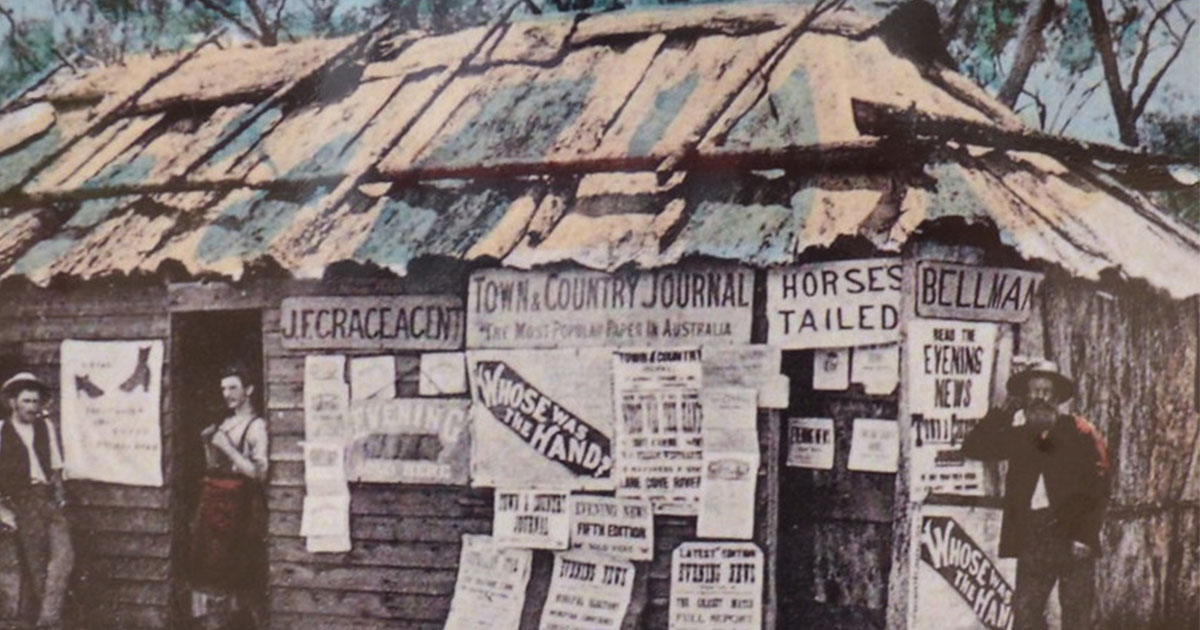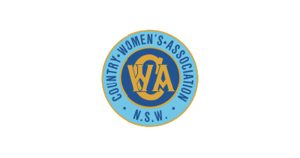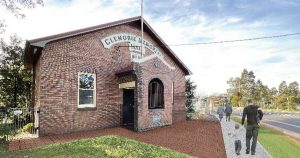Back in 1992 I received a letter from Mary “Poppy” Heiler (aka “Poppy” Warren) of Castle Hill. Some 32 years have now elapsed since this letter was published in the “Hills TV Magazine” in the issue of July 31st 1992 and we have many new readers since that time.
What “Poppy” wrote regarding her memories reminds me that, amongst our many readers, we have quite a few who would have similar memories. Not all of our readers have grown up in the Hills district, many could have been born out in the country, or bush as we like to call it, or even in another state or country.
These are the words of Poppy as she wrote in 1992 about growing up in the Depression years at Peak Hill, southwest of Dubbo in western NSW.,
“I guess, in modern-day language I would have been named a ”Gofer”. Go for the father of the new baby; go for the doctor; go for the nurse; and messages here , there and everywhere in our end of town.
You see we were the only ones with a phone, a car, and a wireless, so in case of a fire the exchange rang my dad who got the car out to pick up the firemen (from the town), while I ran to close-by firemen.
My first memories were of a hand-drawn fire cart. There were many fires in those days; candles, open fires, timber houses. Each side of our house the houses were burnt, also two houses away. My mother was ill in bed once, and I was standing at the window watching sparks and flames reaching out for our house. The whole town turned out in night attire to watch a fire.

Speaking of fires, bushfires were very often. Once, while at school, a huge bushfire rushed towards town. We were all marshalled into brick classrooms. The fire passed across the northern end of town and destroyed the old weatherboard hospital. As our house was towards the northern end of Caswell Street, I feared it would be gone when I got home.
The risks of fire were not so great when the electricity was switched on. What an historic and exciting event. On Melbourne Cup day our house became a venue for townspeople to listen (static and all). We sat up all night to get overseas results of cricket and tennis events to pass the news around.
Floods from the Bogan River often came over the railway line and advanced towards the town across “The Flat” (open land dotted with mine shafts), between the railway line and the lane behind Caswell Street.
During severe storms and heavy rain, these shafts often collapsed, as did tunnels running from open cut mines under the town, and carried waste earth and dumped it on the far western side of “The Flat”. Once one of these tunnels collapsed in our back lane in a direct line under my bed. Also, another tunnel collapsed across the street and you could always hear the torrents rushing through.
What fun we children had on the dump (a man-made mountrain dug from mines) and “The Hill”. The great crevices from top to bottom gave great excitement to have races down on sheets of cardboard. Paper chases around town and over the real hill were another school holiday entertainment, along with a makeshift tennis court at school; hockey with sticks we fashioned ourselves from branches; cricket bats carved from packing cases with stumps of kero tins. There was no coaching.”
I will continue with Mary ”Poppy” Heiler’s reminiscing in the next issue of this magazine and perhaps some of our current readers may like to tell us of some of their memories. You can email me at the address shown under my image on page 2 of the magazine.
Another Historical Story by Ivor Jones Bridging History





